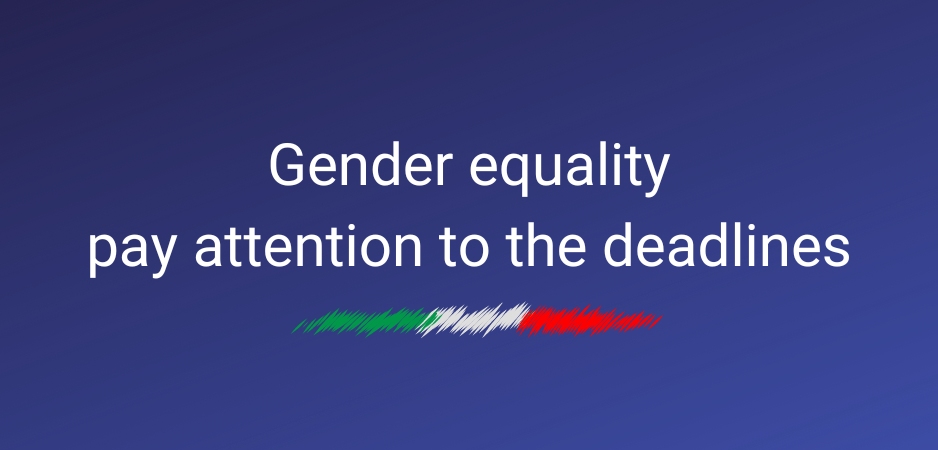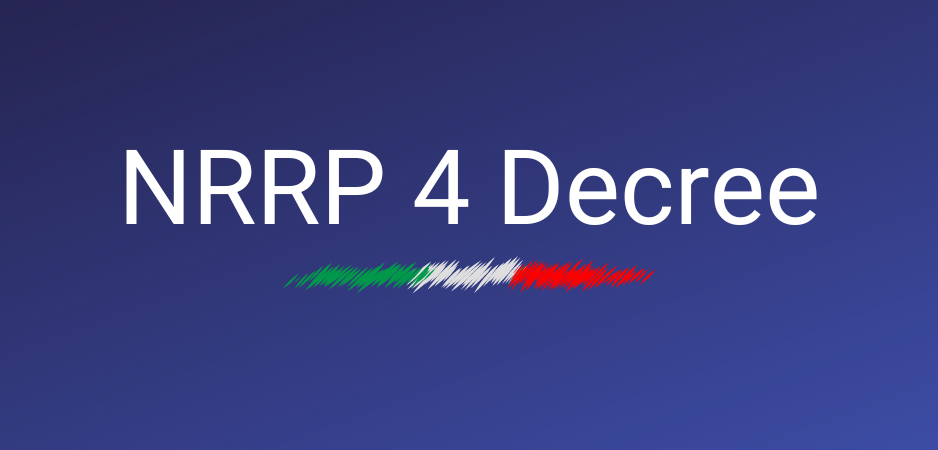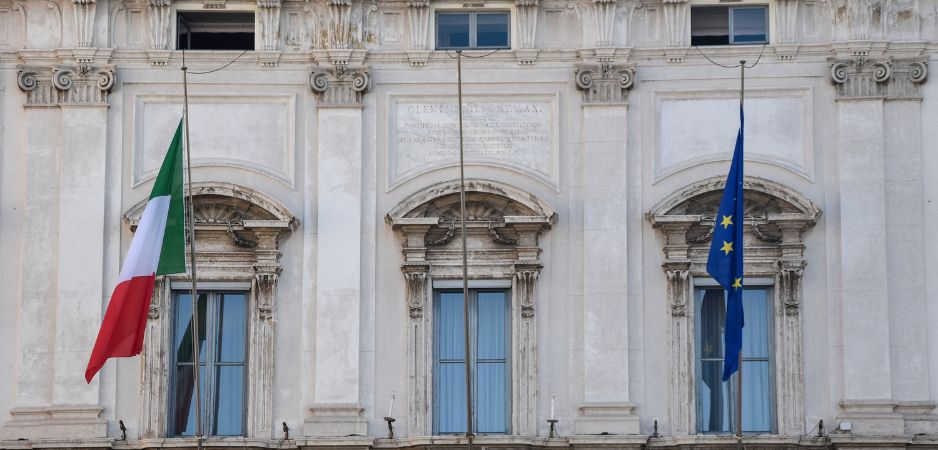Gender equality: pay attention to the deadlines for the biennial report and social security contributions’ exemption
With a notice published on its website on 10 April, the Ministry of Labour announced that the deadline for submitting the 2022-2023 Biennial Report has been postponed from 30 April to 15 July 2024. We remind you that, pursuant to Article 46 of Italian Legislative Decree no. 198/2006, companies with more than 50 employees must draw up a report on the situation of male and female employees every two years and send it to the Ministry of Labour, the Works Councils, the Regional Equality Councillor and the President of the Council of Ministers Department of Equal Opportunities.









